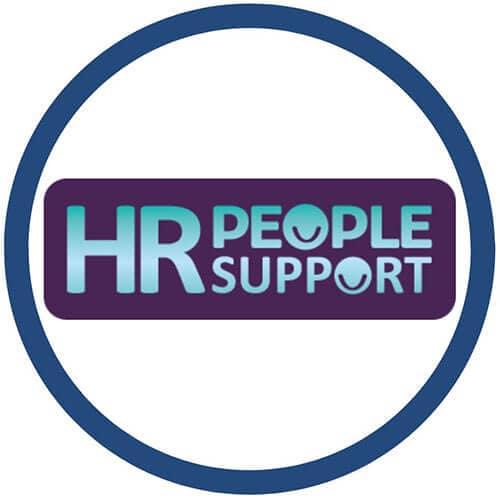Although historically HMRC has been known to concentrate its tax investigations on large-scale companies, recent evidence points to a shift in focus for the Revenue. In the 2018-19 tax year HMRC collected £4.9bn in extra tax from investigations into individuals and small businesses, which included £1.2bn from investigations into underpaid Income Tax.
HMRC opened 300,762 investigations into self-assessment tax returns last year, paying great attention to the hundreds of thousands of mistakes made annually by taxpayers. HMRC is able to identify these mistakes by cross-referencing the information you supply on your tax return with other data it holds about you.
Discrepancies in data
The amount of data which HMRC collects about taxpayers has increased significantly over recent years, and this has lead to more discrepancies being identified on tax returns. For example, HMRC could go as far as using Land Registry data, social media and Google Maps to assess whether you could reasonably afford your recent house purchase or extension, based on the income which you have declared on your tax return.
If HMRC comes across any of these discrepancies it acts as a red flag and can lead to a tax investigation. And unfortunately, once one mistake has been spotted, chances are that previous tax returns will be examined too which could result in the discovery of yet further errors.
HMRC’s tax investigation could lead to you receiving a penalty. Depending on how your mistake is viewed by the Revenue, this penalty could be up to double the amount of tax you owe.
HMRC’s strengthened taskforce
Amongst the Chancellor’s update about coronavirus on Budget Day on 11 March 2020, there was the inclusion of additional funding for HMRC’s compliance efforts. This additional funding is forecast to increase tax investigation revenues by £4.4bn over the next five years.
HMRC will be using the funding to invest in compliance officers and new technology. The £4.9bn collected in extra tax from individuals and small businesses last year was a yield of over 16 times the amount spent on staffing these investigations, proving how lucrative it can be to invest more staff into expanding the taskforce targeting this specific taxpayer group.
The use of a specific taskforce to focus attention on individuals and small businesses isn’t a new approach by HMRC. Operating different taskforces which each concentrate on particular taxpayer groups has become a key part of HMRC’s strategy against tax evasion over the past years, as it seeks to build preventative measures rather than reacting after it takes place.
Taskforces have been known to make unannounced visits to targeted clients, catching them off guard and requiring a full interview before clients can seek professional advice. HMRC can also issue a notice of inspection at short notice before turning up.
How to protect yourself
No one can deny that the impact of coronavirus is going to make life difficult for some time to come, and most people’s finances are likely to be affected. If HMRC is looking for opportunities to investigate you, don’t make it easy for them – tax investigations can be costly and stressful for all involved, and right now that’s the last thing anyone needs. Remember you can protect yourself against the cost of a tax investigation by subscribing to our Tax Investigation Service – we assure you it is likely to be significantly cheaper than funding a tax enquiry yourself.
If you have any queries or concerns about tax investigations, or would like to find out about annual subscription costs, please let us know and we’ll be very happy to help. More information on the service is also available in the following documents:
Tax Investigation Service Brochure
Tax Investigation Service Summary of cover
Tax Investigation Service FAQs












